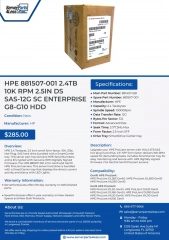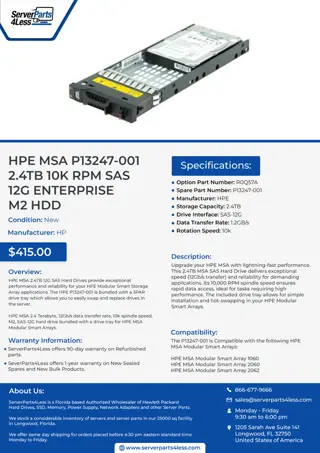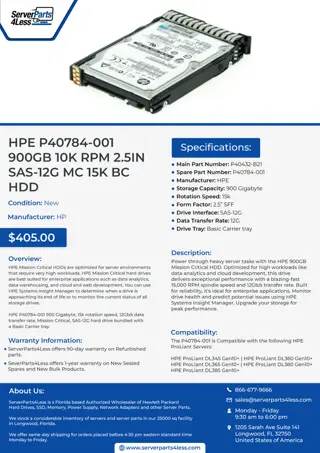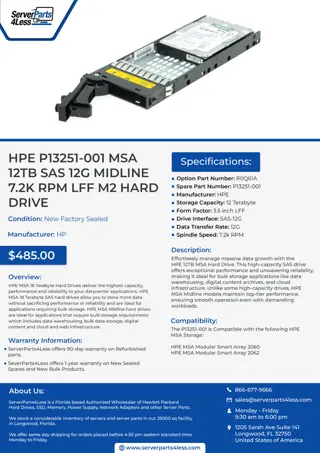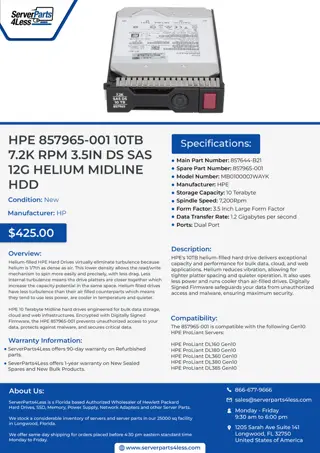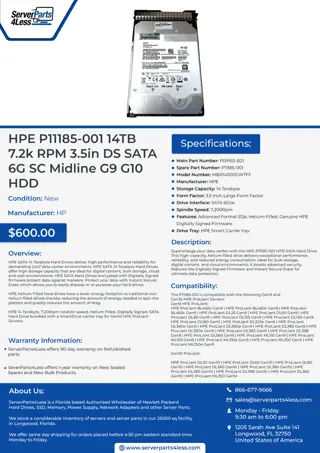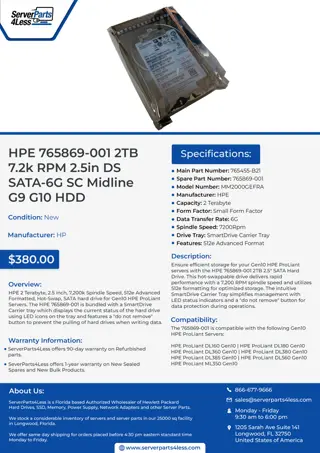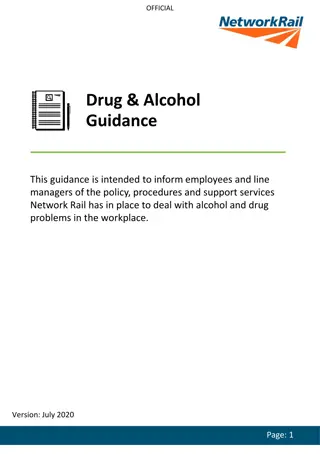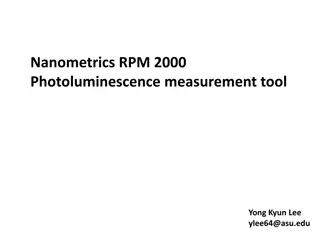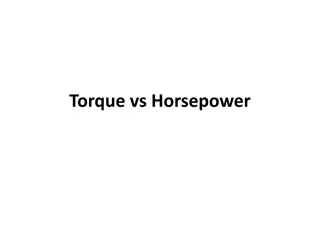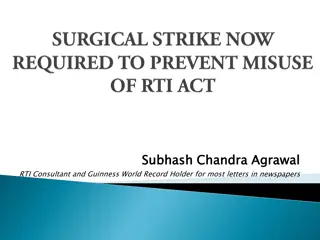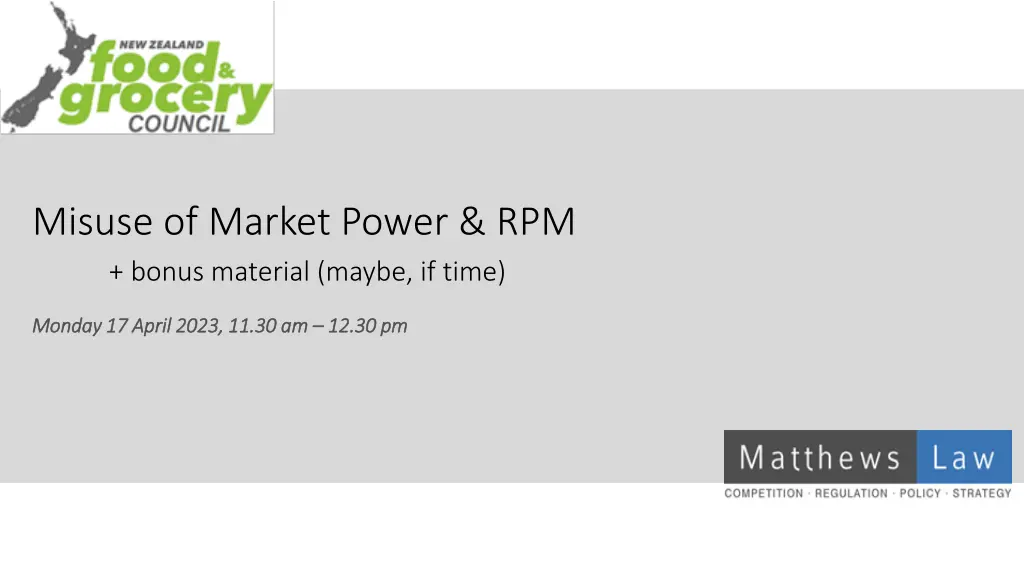
Understanding Misuse of Market Power and RPM Prohibition
Explore the implications of the new Misuse of Market Power prohibition, including key changes, broader applications, and consequences. Learn about Commerce Act section 36, the consequences of the new test, and predictions for the future. Stay informed on distinguishing competitive conduct and anti-competitive behaviors.
Download Presentation

Please find below an Image/Link to download the presentation.
The content on the website is provided AS IS for your information and personal use only. It may not be sold, licensed, or shared on other websites without obtaining consent from the author. If you encounter any issues during the download, it is possible that the publisher has removed the file from their server.
You are allowed to download the files provided on this website for personal or commercial use, subject to the condition that they are used lawfully. All files are the property of their respective owners.
The content on the website is provided AS IS for your information and personal use only. It may not be sold, licensed, or shared on other websites without obtaining consent from the author.
E N D
Presentation Transcript
Misuse of Market Power & RPM + bonus material (maybe, if time) Monday 17 April 2023, 11.30 am Monday 17 April 2023, 11.30 am 12.30 pm 12.30 pm
Agenda what we will cover New Misuse of Market Power prohibition what s changed & key consequences Broader application of the new prohibition: who it captures and when it bites Distinguishing vigorous competitive conduct & anti-competitive exclusion Danger areas eg (implied) refusals to supply, access pricing, enforcing IP rights, limit pricing/predation, bundling [add self-preferencing?] Resale Price Maintenance (RPM) reminder
New Misuse of Market Power prohibition Commerce Act section 36 OLD SECTION 36 NEW SECTION 36 1. A person with substantial market power (SMP) 1. A person with substantial market power (SMP) 2. Must not take advantage of that power 2. Must not engage in conduct 3. For the purpose of 3. That has the purpose, effect, or likely effect, of substantially lessening competition (SLC) in restricting the entry of a person into a market that market, or preventing or deterring a person from engaging in competitive conduct in a market, or any other market in which the person (or its interconnected supplies or acquires, or is likely to supply or acquire, goods or services, whether directly, or indirectly persons. bodies corporate) eliminating a person from a market through other
Consequences of new test to be aware of Key consequences NZ law is again aligned with Australia s. The old safe harbour of normal business conduct to defend actions by dominant firms is gone. The new test recognises that single firm conduct by dominant firms can have anti-competitive effects which are unlikely when undertaken by small firms. Special duties may be an unpopular phrase but firms with SMP will have additional responsibilities. Despite being called an (economic) effects test due to the new focus on markets (rather than targeted competitors), a purpose component to the prohibition remains. The test is not unique NZ has had the same test for contracts for decades, and for mergers since 2001. Many Australian experts say in practice the same change there has not been as great as expected. Although there has been an uptick in private litigation.
Predictions for the new test Key consequences Having a clear legitimate commercial rationale for conduct will remain important. Expect arguments on market definition to be a real feature of the new test. The test will remain hard to prove. Distinguishing vigorous competition (which benefits consumers on the long run) from exclusionary anti-competitive conduct is challenging.
Who does the prohibition apply to? Who it captures and when it bites Came into force 5 April 2023 Still only applies to persons with substantial market power (SMP) Depends on the relevant market Market power = lack of effective competitive constraint A firm with substantial purchasing market power might have the ability to worsen prices or terms of trade to sellers More than 1 person in a market can have SMP Does not prohibit firms with SMP from out-competing competitors
Distinguishing between vigorous competitive conduct and anti-competitive exclusion SLC test compares state of competition with vs without conduct To what extent are customers or inputs foreclosed by the conduct, and what alternatives do customers or competitors in the market have? To what extent does the conduct impose costs on competitors or potential entrants that are not faced by the firm in question? Does the conduct have the effect of harming incentives to innovate by other competitors in the market? Does the conduct have the effect of causing competitors in the market to compete less vigorously? Does the conduct make it harder for potential entrants to enter the market in question in response to profitable opportunities to do so? Does the conduct enable the firm in question to exercise power over suppliers, customers or competitors? How long are these effects likely to continue?
Danger areas Types of conduct that may SLC Refusals to supply, including implied refusals Margin/price squeezing Exclusive dealing Loyalty rebates Tying/Bundling Limit pricing/predation Enforcing IP rights
Misuse of Market Power Guidelines How a reinvigorated ComCom will apply this new law ComCom guidelines: https://comcom.govt.nz/business/avoiding-anti-competitive- behaviour/misuse-of-market-power/_nocache ComCom has separate IP guidelines: https://comcom.govt.nz/__data/assets/pdf_file/0017/312308/Int ellectual-property-guidelines.pdf
RPM risks: Comments in grocery market study report p410: We intend to further investigate refusals to supply due to low retail pricing 9.133 we are aware of examples of some suppliers refusing to supply retailers where they are concerned that the retail prices being offered are too low, or indicating that they are only willing to supply if a grocery retailer does not undercut the retail prices set by other grocery retailers of the supplier s products. This may be due to: 9.133.1 direct pressure from grocery retailers; 9.133.2 unilateral actions by suppliers, due to concern about the possible response from major grocery retailers; or 9.133.3 unilateral action by suppliers for other reasons. 9.134 Refusal to supply due to low retail pricing could potentially breach sections 37 and 38 of the Act, which prohibit the practice of resale price maintenance. It could also breach section 36 to the extent that a refusal to supply reflects the influence of a major grocery retailer with substantial market power. 9.135 We have not enquired further at this stage. However, independent of this study, we intend to open an investigation into compliance with the Act in respect of certain conduct that we have become aware of during the course of this study.
RPM Minimum resale price maintenance RPM generally occurs when a supplier specifies a minimum price at which a retailer must on-sell goods Specifying a maximum price is usually fine A specified minimum price can be inferred eg if a RRP is actually a minimum price however a genuine RRP is not RPM Be careful about language used eg in emails and how it could be interpreted by the CC Document legitimate rationale for any refusals to supply
RPM fact sheet ComCom guidance ComCom fact sheet https://comcom.govt.nz/__data/assets/pdf_file/0025/96181/Resale-price-maintenance-Fact-sheet-June-2022.pdf Has good practical tips: Suppliers can suggest or recommend a retail / promotional price Suppliers can set a maximum price for the resale of goods Suppliers can agree promotional plans with resellers, if reseller maintains independence to set retail price Suppliers can choose how they wish to distribute their goods -------------------------------------------------------------------------------------------------------------------------------------------- Suppliers cannot specify or mandate a minimum price for the on-sale of goods Suppliers cannot enforce a recommended price Suppliers cannot prevent or limit resellers from lowering their retail prices Suppliers cannot withhold supply of goods because they were sold below a minimum price
Bonus: Cartel conduct Hub and spoke cartels and other cartel risks A cartel generally exists when competitors agree to reduce / remove competition that would otherwise exist between them. This can be price fixing , restricting output , market allocating ML 1-page guide: cartel provision prohibition & exceptions Direct / indirect CAU between parties in competition assume it s a CP? Nudge & wink ; removal of commercial freedom ComCom RED FLAGS Deeming provisions for associations in ss 2(8) & (9) CA: ComCom Trade Associations Fact Sheet There can be hub and spoke cartels where, say, a retailer is the means for suppliers agreeing prices or other CPs, or vice versa. Eg the Cussons laundry detergent case (AU), where Cussons successfully defended (full Federal Court) but Colgate & Woolworths admitted the conduct and agreed penalties of AU$18M and AU$9M respectively.
Bonus: Fair Trading Act rights Fair Trading Act rights 1/2 Misleading or deceptive conduct - written & oral; disclaimers Unsubstantiated representations - when rep n is made False or misleading representations Unconscionable conduct CC: serious misconduct that is so far outside accepted standards of commercial conduct as to be against good conscience
Bonus: Unfair contract terms (UCT) Fair Trading Act rights 2/2 $250K annual value cap for B2B standard form contracts. Grocery Industry Competition Bill (GICB) proposes to increase this to $1M for grocery standard form contracts. A court must declare the term is a UCT first. Currently only the CC can seek a declaration. Under GICB, firms can seek a declaration too. Unfair requires all three elements: The term would cause a significant imbalance in the parties rights and obligations arising under the contract The term is not reasonably necessary in order to protect the supermarket s legitimate interests The term would cause detriment (whether financial or otherwise) if it were applied, enforced, or relied on Does not apply to terms that Define the main subject matter of the contract Set the upfront price payable under the contract Is a term required or expressly permitted by any enactment
Questions? Andrew Matthews Principal p +64 9 972 3754 m +64 222 333 666 e andrew.matthews@matthewslaw.co.nz

